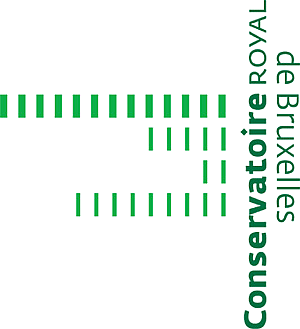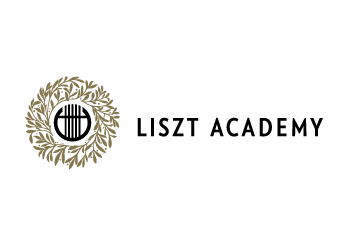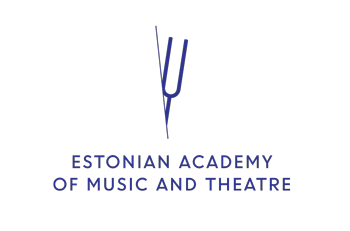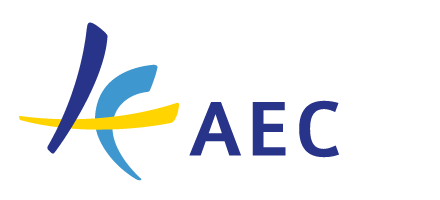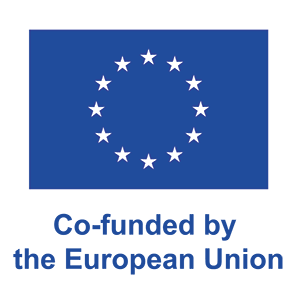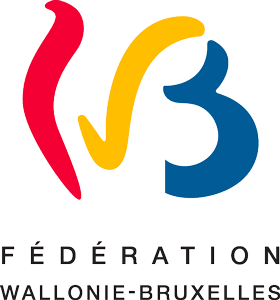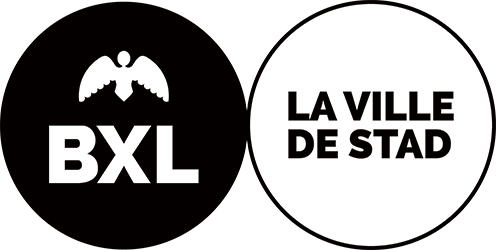Course of musical forms and analysis for vocal singing students
National University of Arts George Enescu IASI
- The aim of the course is the knowledge of the main compositional models of European musical culture, with applications to vocal music
- To develop analytical skills based on general and/or style-specific criteria
- To study - by means of a discipline-specific systematics - all the styles of vocal, instrumental and vocal-instrumental music, correlating with the analytical and repertoire programmes of the subjects History of Music, Aesthetics, Counterpoint, Harmony.
- Identify and describe the characteristics of different cultures, stylistic periods and musical genres, and the correct use of the basic elements of classical music writing and analysis techniques
- Correct use of specialist terms
- Acquisition of basic general knowledge and knowledge necessary for the profession/discipline Making connections between the knowledge acquired in other subjects and that specific to the field of musical forms and analysis
- To argue the options for identifying formal patterns and delimiting their sections
- The ability to analyse a musical fragment and synthesise information in order to obtain a correct result.
